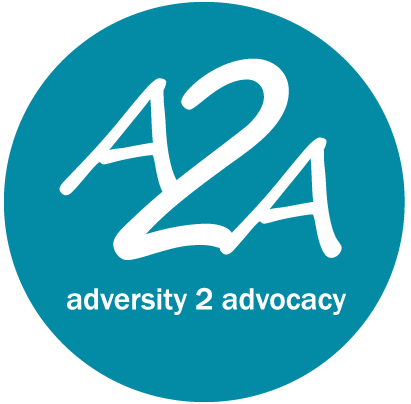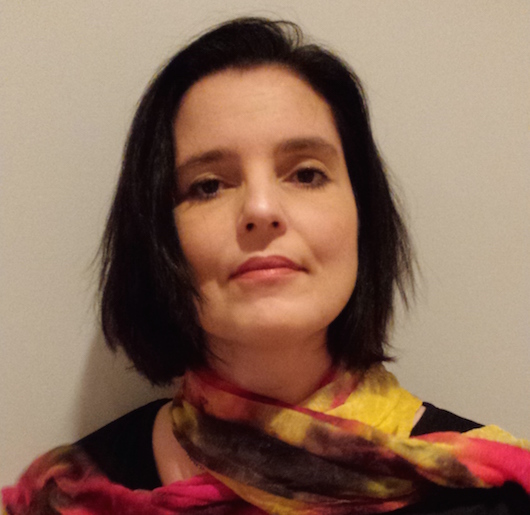Dr. Jennifer Jo Kanter-Brout
Adversity: Misophonia/Sensory Processing Disorder
Advocacy: Advocates for research and improved diagnosis for those with Sensory Over-Responsivity (a subtype of sensory processing disorder) and Misophonia.
“Affecting change within institutions and systems is wrought with frustration, but ultimately empowering. For me, the real advocacy began when I realized I couldn’t change the world overnight, but that I also couldn’t stop trying.”
Jennifer Jo Kanter-Brout is a school psychologist and founder of the Sensory Processing and Emotion Regulation Program at Duke University and the International Misophonia Research Network. She’s also the mother of triplets. But despite her academic credentials, she was unprepared for a comment from one of her daughters, Lilly, who at age 6 told Jennifer her “brain needed to be fixed.” She explained to her mom that she was often in physical and mental pain when exposed to sounds, smells and lights. Jennifer learned Lilly was literally overwhelmed by sensory stimuli and was having difficulty functioning and interacting. Lilly was diagnosed with Sensory Over-Responsivity, a subtype of Sensory Processing Disorder (SPD).
Disappointed by her own experiences when seeking help for her daughter, Jennifer has spent nearly two decades advocating for the establishment of better mental health research practices, improved diagnosis and innovative clinical practices for those diagnosed with Sensory Processing Disorder. She brings together multi-disciplinary teams of esteemed academic researchers and clinicians to share resources, partake in research papers, participate in academic conferences and develop innovative treatment. In addition to the program at Duke, she recently founded the Selective Sound Sensitivity Syndrome Program at Fordham University and remains on the Scientific Workgroup of the SPD Foundation.“ When I began advocating for better research and awareness, I naively thought I could change the world overnight,” Jennifer describes. “I began advocating for one individual with one particular disorder. In doing so, I became increasingly aware of the many flaws within the way mental health research is prioritized and funded, and I knew that was where I could make an impact.”
Advocacy links:
- Misophonia Research
- Sensory Processing and Emotion Regulation Program
News links:
- Science Friday


